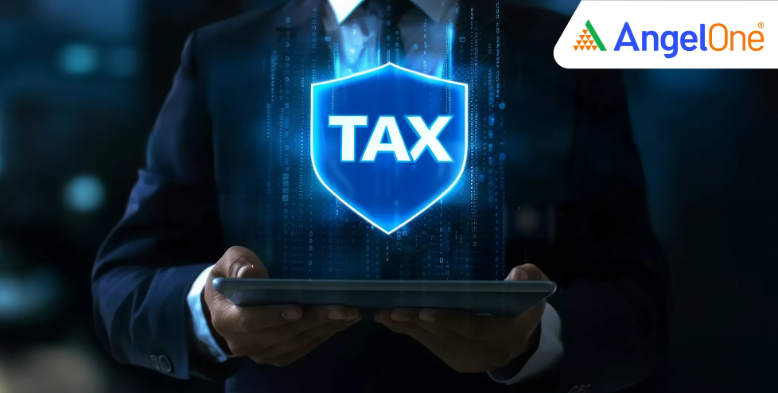
Infosys buyback offered investors a chance to sell their shares back to the company at a premium. But did you know that the tax rules for buybacks have changed since October 2024? Investors will now have to pay tax on the buyback proceeds, unlike earlier years when the amount was tax-free in their hands.
Earlier, the company paid a buyback tax of about 23%, and investors received the buyback amount without any additional tax. However, under the Finance (No. 2) Act, 2024, this structure has been completely reversed.
Now, the entire buyback payout will be treated as a deemed dividend and taxed in the hands of shareholders based on their income-tax slab rate.
The new rule means investors will be taxed on the full buyback amount, not just on the profit earned. If you’re in the top tax bracket, your effective tax could exceed 30–35% of the buyback proceeds.
Here’s a simple illustration:
| Investor Type | Tax Slab | Effective Tax on Buyback Amount |
| Low-income (up to ₹5 lakh) | 0% | Nil (after rebate) |
| Middle-income (₹10–15 lakh) | 20–25% | Moderate |
| High-income (₹15 lakh and above) | 30–35% | High |
The government introduced this reform to bring parity between dividends and buybacks, since both represent a return of surplus cash to shareholders. However, this change may have unintended side effects, including higher tax bills and reduced flexibility for both companies and investors.
Read more: TCS Has Lost Nearly 30% of Its Market Capitalisation Since Sept 2024: Know Why.
Infosys’ buyback remains a way for investors to unlock value, but the new taxation rule makes it far less rewarding. Those planning to participate should calculate their post-tax returns carefully. In many cases, holding the shares long-term or waiting for dividends could prove more tax-efficient.
Disclaimer: This blog has been written exclusively for educational purposes. The securities mentioned are only examples and not recommendations. This does not constitute a personal recommendation/investment advice. It does not aim to influence any individual or entity to make investment decisions. Recipients should conduct their own research and assessments to form an independent opinion about investment decisions.
Investments in the securities market are subject to market risks. Read all the related documents carefully before investing.
Published on: Nov 16, 2025, 9:00 AM IST

We're Live on WhatsApp! Join our channel for market insights & updates
